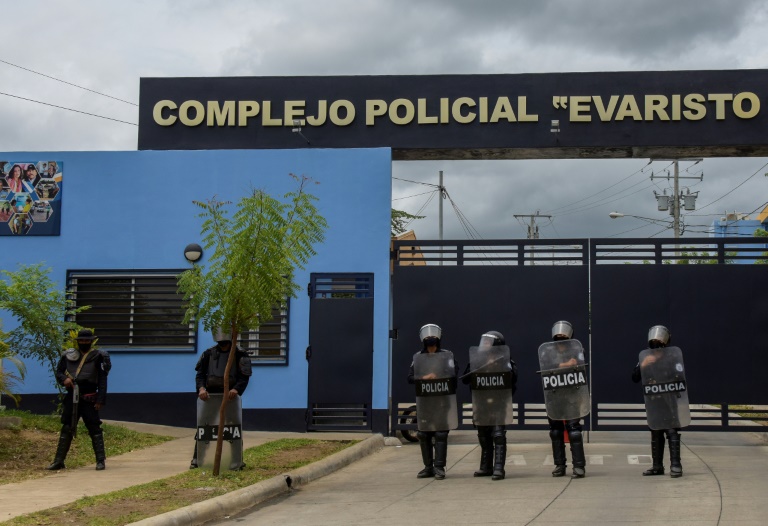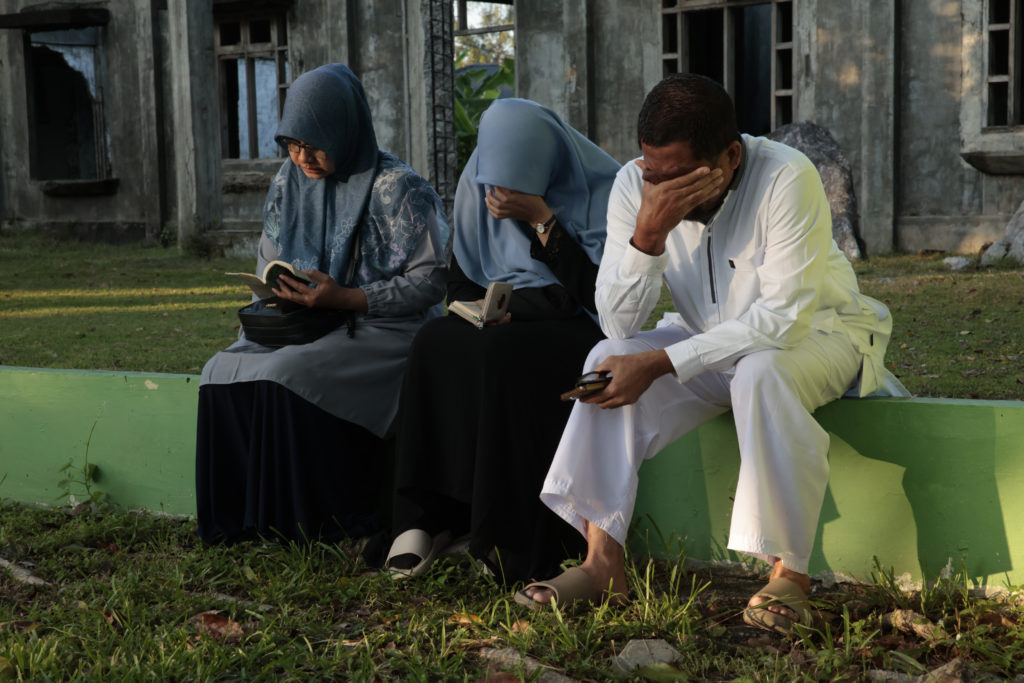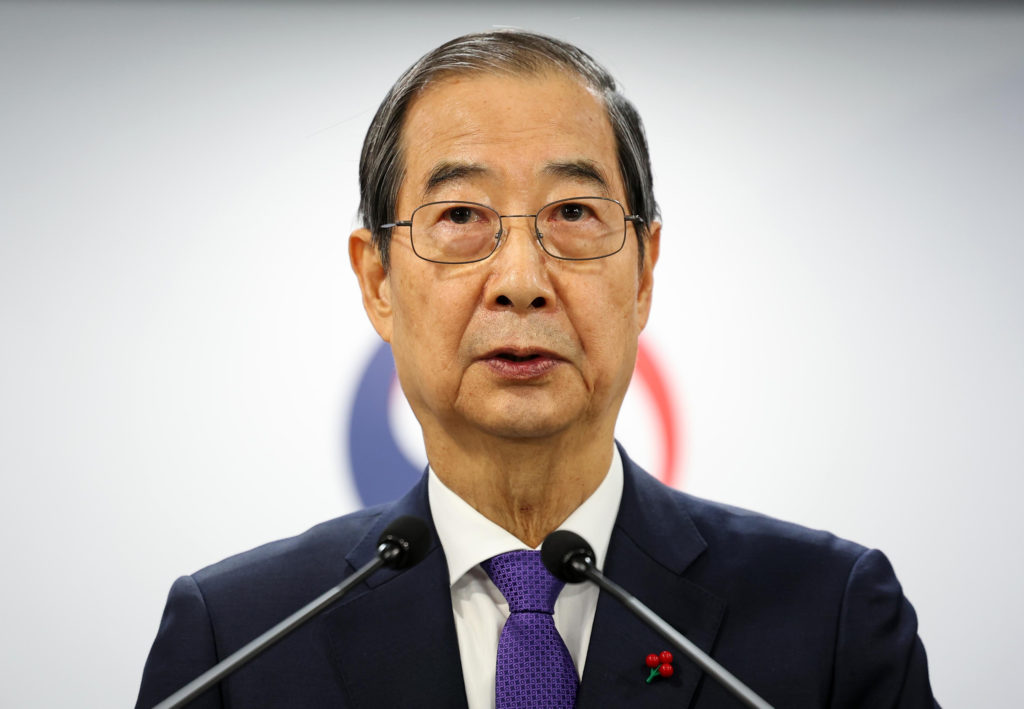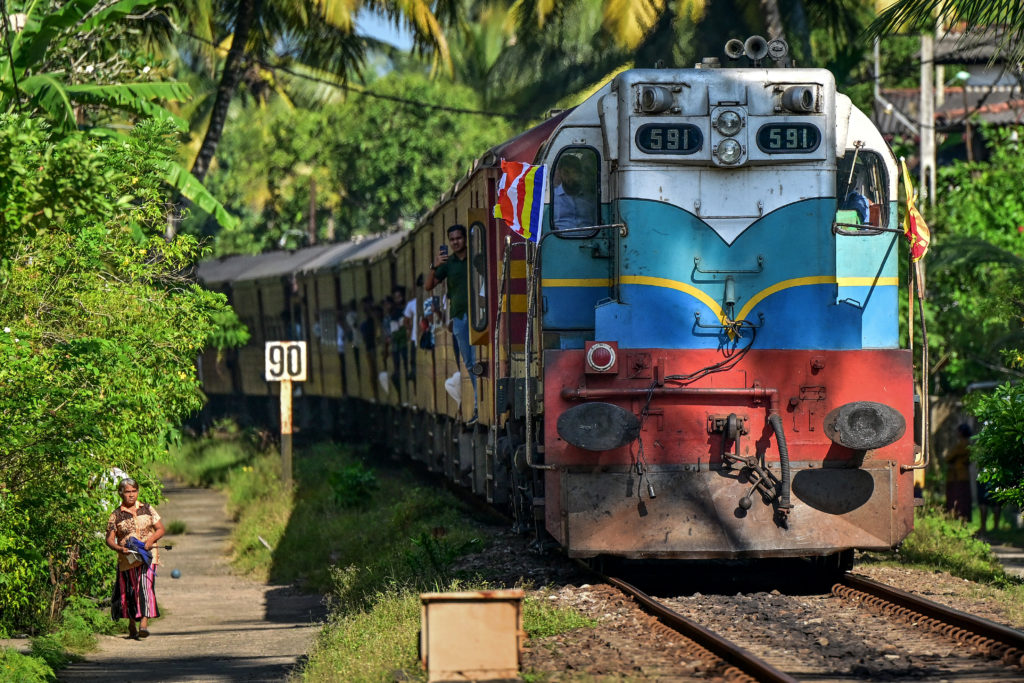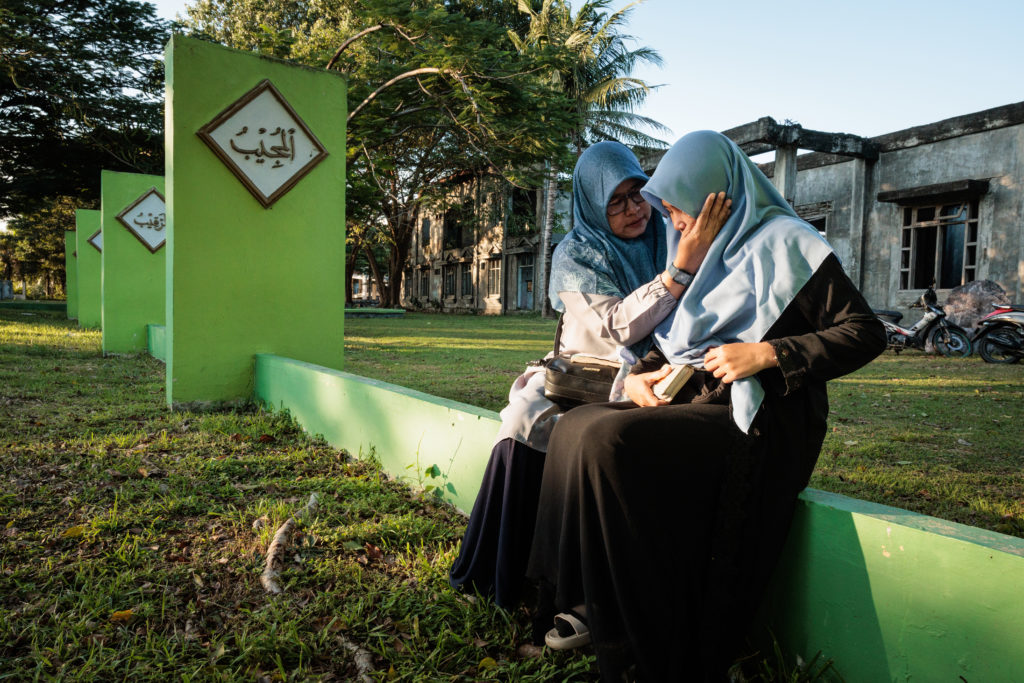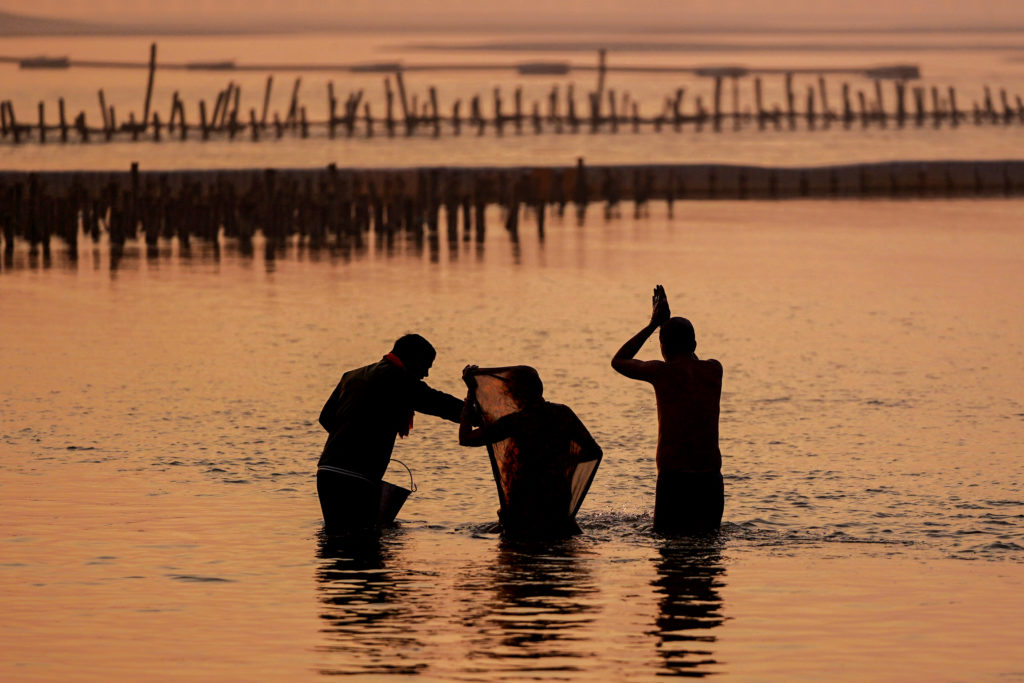Isolation, daily interrogations, threats and hunger: relatives fear for the welfare of dozens of opposition figures held in Nicaragua under conditions denounced by human rights observers.
Nearly three months since the first arrests of opponents of President Daniel Ortega in a clampdown ahead of November 7 elections, authorities last week allowed the first visits at El Chipote prison.
What family members learnt in their 20-30 minute meetings provided little comfort.
Ana Maria Chamorro, sister of would-be presidential candidate Juan Sebastian Chamorro — arrested on June 8 — told AFP that her brother had lost more than 10 kilograms (22 pounds) and appeared pale and gaunt.
“The lack of information about what is going on outside is the most difficult (for him),” she said after her brief prison visit.
“They interrogate him daily — 87 days of interrogation and psychological torture,” she continued. “They tell him things that are untrue: that his wife will be taken prisoner, that his property has been confiscated.”
Prison officials keep a light burning in her brother’s cell 24/7 to disorient him, she added.
Cristian Tinoco, daughter of Victor Tinoco, said her father was kept in isolation in a tiny cell for two-and-a-half months, sleeping on a concrete bed with a thin mat as a mattress and no blanket to guard against the cold.
– Skinny, pale –
“For his ablutions, there is a hole in the floor,” said Cristian, the eldest of four children and battling cancer.
Seeing her 69-year-old father “skinny, pale, with white hair, a long beard and slow movements,” was very difficult, she told AFP.
Ortega’s government has been accused of political persecution for its rounding up of opposition figures, including seven aspiring presidential candidates.
Ortega, 75, will be seeking a fourth successive term in November.
The president, in power since 2007, accuses the 36 people arrested in a series of house and night-time raids since June 2 of seeking to overthrow him with US backing.
The majority are in jail awaiting trial, and four are under house arrest.
The detainees face charges of threatening Nicaragua’s sovereignty by, among other things, “applauding” sanctions and “inciting foreign interference.”
– Talking to spiders –
Family members say the prisoners are being held without adequate food and no access to medical care.
Among them, feminist activist Tamara Davila is being held “in a cell without bars.
It is an enclosed cell, she cannot see anyone,” said a family member, who asked not to be named.
From her arrest on June 12 to last week’s visit, Davila “did not speak to anyone. She has had no human interaction, so she talks to a little bird on the roof outside, she speaks to the spiders to combat the loneliness and the silence,” the relative said.
Lesbia Alfaro reported that her son, anti-government protester Lesther Aleman, “can barely stand or walk” and has lost nine kilograms (20 pounds) since his arrest on August 5.
“I ask that the Red Cross helps us, to intervene so that a doctor can see him and not let him die of hunger,” she said.
On Monday, UN rights chief Michelle Bachelet urged the Nicaraguan government to “immediately and unconditionally” release detainees and stop its “persecution of the opposition, the press and civil society.”
The Washington-based Inter-American Commission on Human Rights (IACHR) has also called on the Nicaraguan government “to end the harassment of opposition figures, including (human rights) defenders, as well as to immediately free those detained arbitrarily.”

